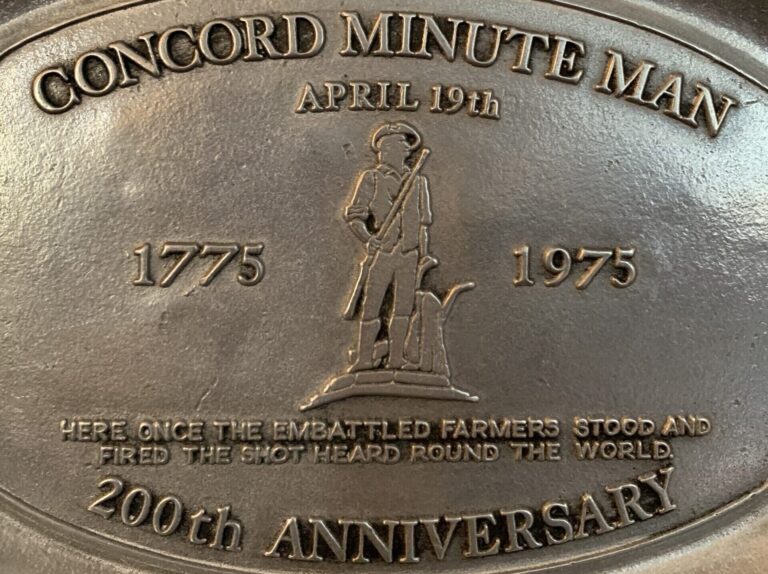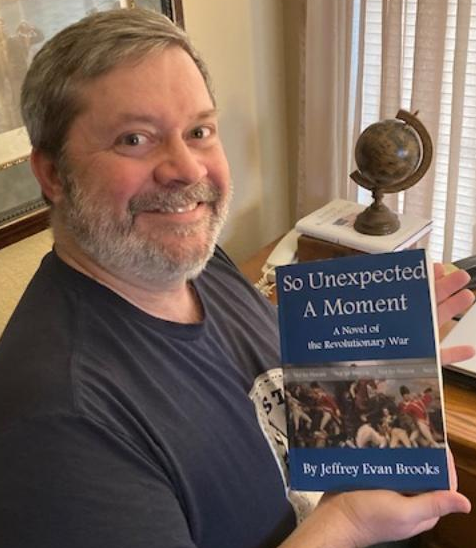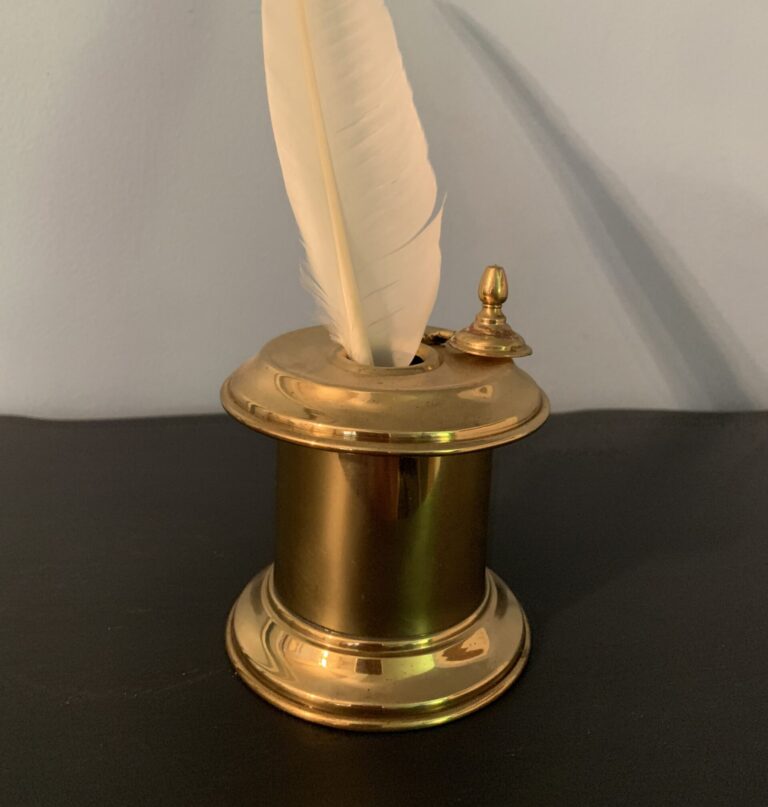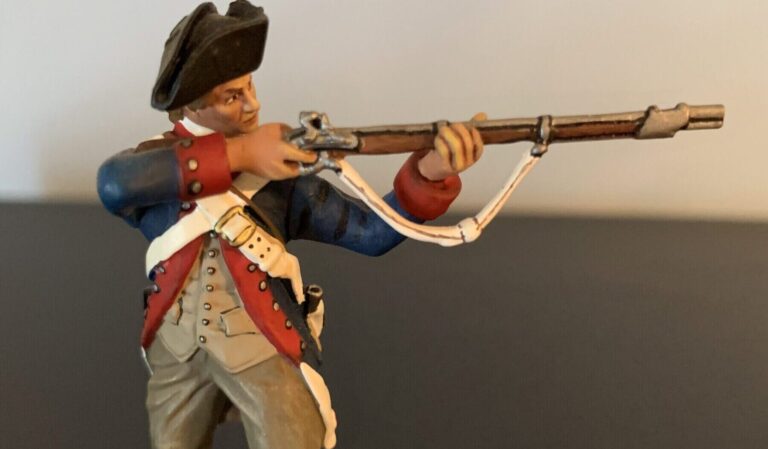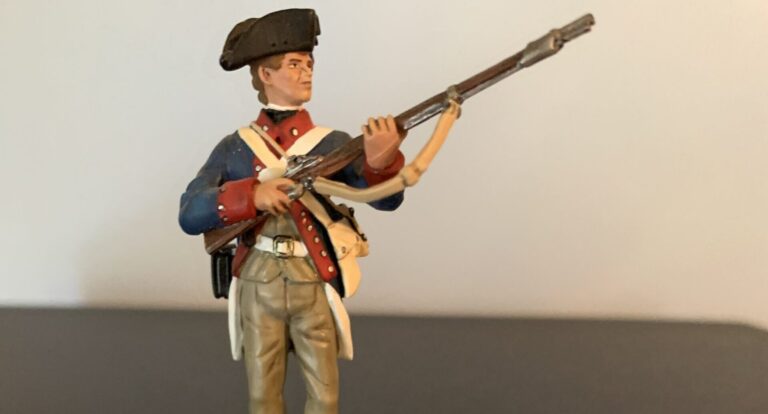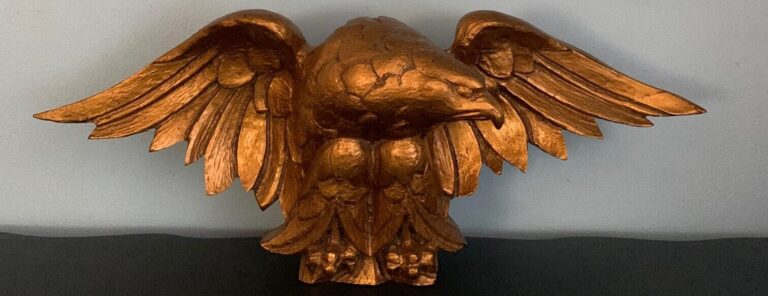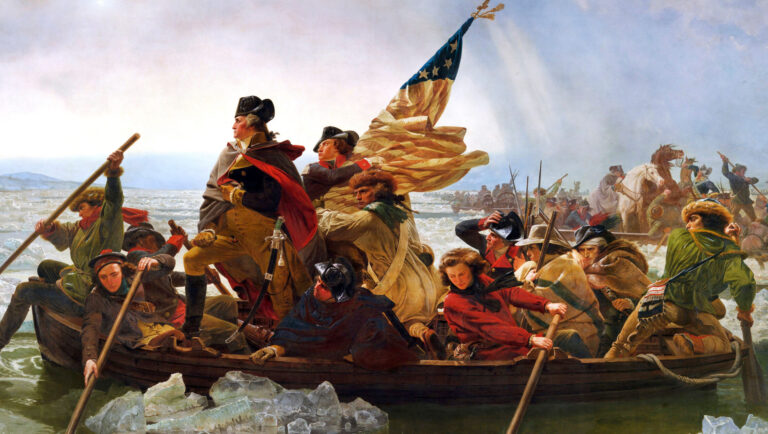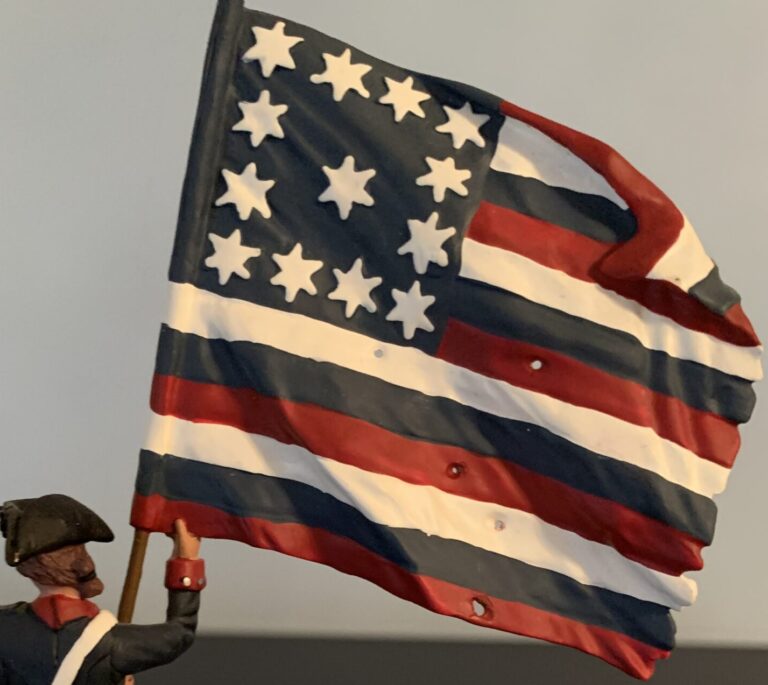Reminder: If you’re reading this in your email, you have to go to dpauthor.com and click on the Speaking of Which tab in order to view the actual blog post with the featured image.
Well, it’s almost here—the 250th anniversary of the date that armed combat erupted in a significant way between British troops occupying Boston and the provincial militia, which triggered the longest war in American history prior to Vietnam. At that time, both sides probably shared the same expectant assumption that hostilities were unavoidable in the absence of any change in the mother country’s colonial policy or the attitude of Whig-minded insurrectionists among the body politic—and now, at last, the powder keg had exploded at Lexington and Concord. The wait was over.
In his diary, Frederick MacKenzie, the son of a Dublin merchant who arrived in Boston in 1774 as a lieutenant in the British army (and would be promoted to captain in the fall of 1775), recorded his firsthand observations about the events and dismal outcome of the ill-fated and bloody expedition by his redcoated countrymen, as ordered by General Thomas Gage, into the Massachusetts countryside on April 19, 1775 to secure military supplies gathered by the insurgents. Here are some excerpts from the lieutenant’s entries in the immediate aftermath of the opening clash:
April 19—During the whole of the march from Lexington [as the British withdrew to Boston after they had exchanged shots with the militia at Lexington and Concord], the rebels kept an incessant irregular fire from all points at the column, which was the more galling as our flanking parties, which at first were placed at sufficient distances to cover the march of it, were at last, from the different obstructions they occasionally met with, obliged to keep almost close to it. Our men had very few opportunities of getting good shots at the rebels, as they hardly ever fired but under cover of a stone wall, from behind a tree, or out of a house; and the moment they had fired, they lay down out of sight until they had loaded again or the column had passed…. Many houses were plundered by the soldiers, notwithstanding the efforts of the officers to prevent it. I have no doubt this inflamed the rebels, and made many of them follow us farther than they would otherwise have done.
April 20—It is conceived by many that the expedition to Concord for the destruction of the military stores, which it is said were deposited there in considerable quantities, might have been conducted with greater secrecy, and been effected without the loss which ensued and the consequences which must now inevitably follow….
There was a general muster of all the neighboring militia only the day before (whether by accident, or in consequence of the general’s intention is not certain, but most probably the latter) so that every man was in a state of preparation and equipment. This should have been known, because if their meeting was not on purpose to oppose the troops, there was hardly time for them to disperse and return to their several homes. I believe the fact is that General Gage was not only much deceived with respect to the quantity of military stores said to be collected at Concord but had no conception the rebels would have opposed the king’s troops in the manner they did. But the temper of the people, the preparations they had been making all the winter to oppose the troops should they move out of Boston with hostile intentions, and above all their declared resolution to do so made it evident to most persons that opposition would be made on any attempt to destroy stores and ammunition which they had avowedly collected for the defense of the province….
The troops [are] ordered to lay dressed in their barracks this night.
April 21—The town is now surrounded by armed rebels, who have intercepted all communication with the country.
This was the beginning of the American siege of Boston that would last almost a year and end only when His Majesty’s forces evacuated the city on March 17, 1776—never to return.
On another April 19—exactly eight years later—the pamphleteer Thomas Paine, author of America’s first bestselling publication Common Sense, released the last of his Crisis series, wherein he ruminated about the outcome of the American rebellion. He termed it “a revolution, which to the end of time, must be an honor to the age that accomplished it, and which has contributed more to enlighten the world, and diffuse a spirit of freedom and liberality among mankind, than any human event (if this may be called one) that ever preceded it.”
Sources:
“Frederick MacKenzie: Diary, April 18-21, 1775,” in The American Revolution: Writings from the War of Independence, ed. John Rhodehamel (The Library of America, 2001), 5-18.
Thomas Paine, “The Last Crisis, Number XVIII,” April 19, 1783, in Thomas Paine, Collected Writings, ed. Eric Foner (The Library of America, 1955), 348-354.
